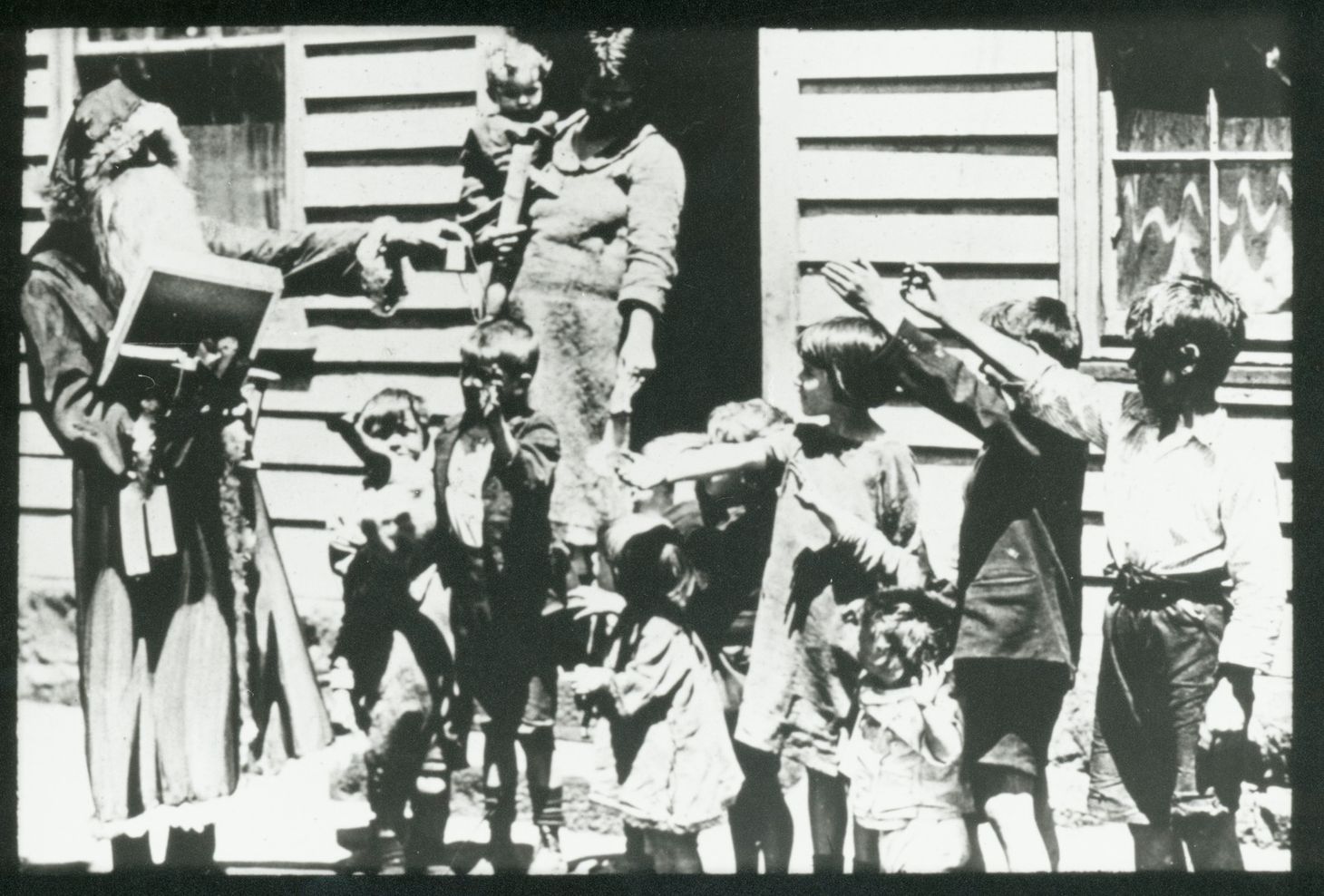Gift giving can help you find your place in the world
Yes, giving and receiving gifts can be a bit awkward. But they’re an important part of building relationships.

Table of Contents
My backyard is being inundated with pea plants. I have no idea where they came from or why they’re here. I didn’t plant them. They weren’t here last year. And there are too many of them to just be the scattered work of birds.
And yet here they are. Growing and flowering and sprouting peas. They’re a gift, mysteriously given and received. And they’re the best peas I’ve ever had.
It’s easy to just slot gift-giving (and receiving) into simple categories – holidays, birthdays, anniversaries – but they have power beyond them. Gifts can help enrich your relationships and your communities.
Through the simple act of giving, you can find your purpose.
Gift peas? A chance.
I’m going to go back to the peas for a second. Stick with me here.
They didn’t come from nowhere. They started as seeds that took root in my garden beds. That wouldn’t have happened had I not spent the last two years working on the soil, mulching and composting and fertilising.
My backyard wasn’t all that flash a few years ago. And now it’s filled with bugs, birds, frogs (sometimes) and, now, mystery peas. I gave to the land and, in turn, the land gave something back.
Robin Wall Kimmerer, in her fantastic book Braiding sweetgrass, describes living near fields of wild strawberries as a child – gifts from the earth:
Strawberries first shaped my view of a world full of gifts simply scattered at your feet. A gift comes to you through no action of your own, free, having moved toward you without your beckoning. It is not a reward; you cannot earn it, or call it to you, or even deserve it. And yet it appears. Your only role is to be open-eyed and present. Gifts exist in a realm of humility and mystery – as with random acts of kindness, we do not know their source.
As Kimmerer goes on to explain, “gifts from the earth or from each other establish a particular relationship, an obligation of sorts to give, to receive, and to reciprocate.”
I don’t know if we’ll get mystery peas again next year. But I know that, if I don’t keep looking after my garden, it’ll stop supplying anything at all. No flowers, no critters. Nothing.
Now, Kimmerer isn’t saying that the plants made strawberries just for her. It’s a matter of perspective: “It is human perspective that makes the world a gift. When we view the world this way, strawberries and humans alike are transformed.”
She goes on to quote scholar Lewis Hyde:
A gift relationship with nature is a “formal give-and-take that acknowledges our participation in, and dependence on, natural increase. We tend to respond to nature as a part of ourselves, not a stranger or alien available for exploitation.
This way of thinking can fundamentally reshape your relationship with nature. But it applies to your communities and relationships as well: you depend on them and you can enrich them all with a simple gift.
Don’t look the gift force in the mouth
There’s something magical in receiving a gift that’s perfectly you. Someone thought of you and acted on it – and now the world has changed in a small, meaningful way.
I recently bought some small video-game themed stickers to give to some friends of mine, in a low-key celebration of the countless hours we’ve spent playing Rocket League together.
As it turns out, one of my friends had the exact same idea, at the exact same time, and bought similar stickers for us all. Honestly, a wild coincidence.
It’s brilliant. And, yeah, a little bit magic. A home filled with gifts is a home full of relationships. (And Rocket League stickers, apparently.)
It’s not debt – but it is an obligation
It’s taken me a while to come around to gifts. And I still kinda dislike it when someone asks me want I want for my birthday or Christmas.
Part of it is that I genuinely don’t know (unless someone wants to splash $995 AUD on this watch). But, really, my deeper problem was feeling indebted to someone for any gift they gave me.
As I’ve gotten older, I’ve come to appreciate the beauty of that. Just like Kimmerer’s wild strawberries, it’s a matter of perspective.
Gifts, at their best, build and deepen relationships. They create bonds. And bonds, just like love, come with obligation.
Kimmerer sums it up when talking about gift economies:
The essence of the gift is that it creates a set of relationships. The currency of a gift economy is, at its root, reciprocity. In Western thinking, private land is understood to be a “bundle of rights,” whereas in a gift economy property has a “bundle of responsibilities” attached.
All communities and relationships have this element of give and take – of gifting, whether or not they use the word. If you don’t contribute, whatever the currency may be, you’ll eventually stop receiving.
We all have something to give – it doesn’t have to be expensive or shiny or large. It just has to be sincere. Freely given. Just like peas in a garden.
What gift will you give today?
Unzen Newsletter
Join the newsletter to receive the latest updates in your inbox.
